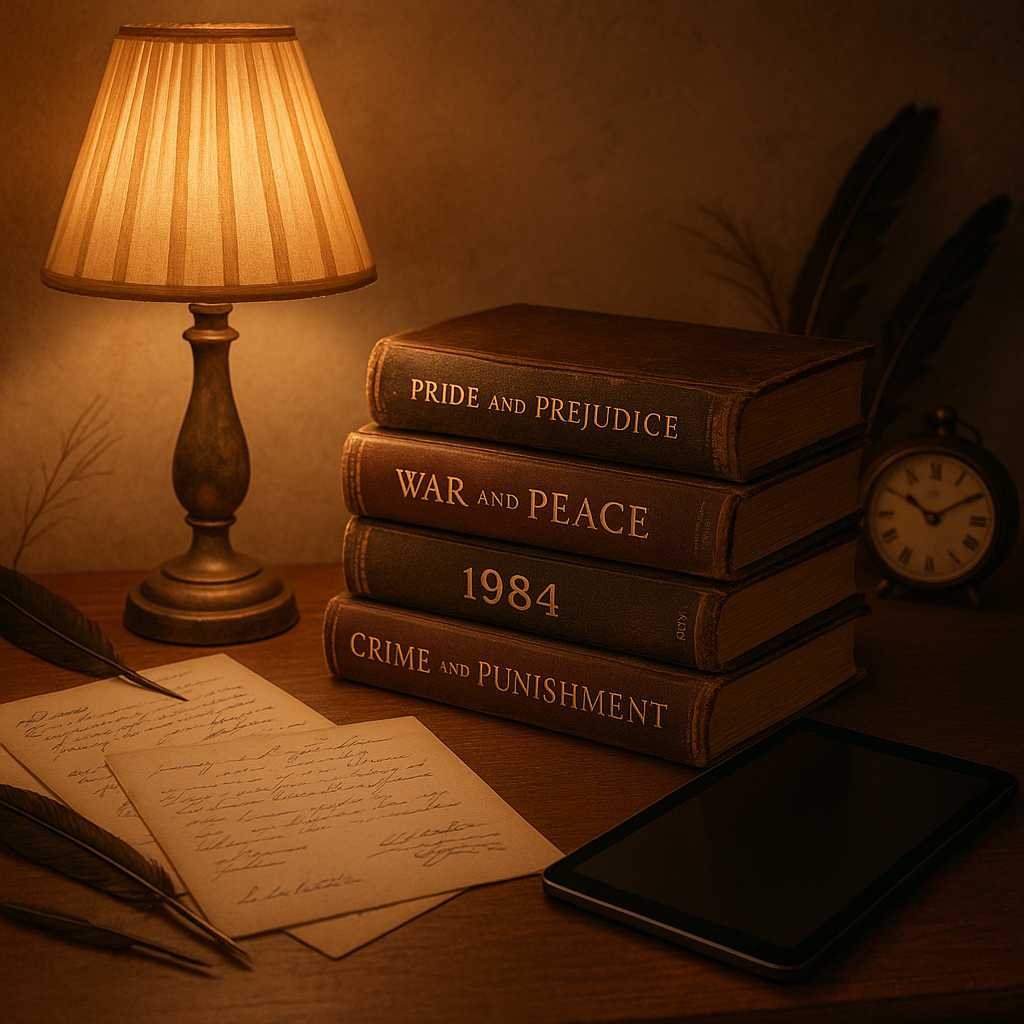In our fast-paced digital age, it might seem like new releases dominate the literary landscape. However, making room for the classics—books written decades or even centuries ago—can provide unique insights and timeless enjoyment for modern readers.
Classics like Jane Austen’s "Pride and Prejudice" or Leo Tolstoy’s "War and Peace" are more than just relics of the past; they are living conversations with the ideas, struggles, and aspirations of people who shaped our world. These works reveal not only the history of literature but also the shared emotions and conflicts that connect us over time.
Delving into classic literature broadens our perspectives. The social commentary in George Orwell’s "1984" or the existential questions posed in Fyodor Dostoevsky’s "Crime and Punishment" can help us better understand today’s political and philosophical debates. Moreover, experiencing the language and storytelling of earlier eras can enhance our appreciation for how literature evolves.
Returning to the classics also sharpens our critical thinking. These books often demand careful reading, challenging us to interpret old-fashioned language, consider historical context, and reflect on complex moral issues. In doing so, they open a gateway to empathizing with generations before us and learning from their triumphs and mistakes.
Ultimately, rediscovering literary classics isn’t just about ticking renowned titles off a list. It’s about finding wonder in stories that endure, discovering that some questions—and some joys—are truly timeless.


Leave a Reply